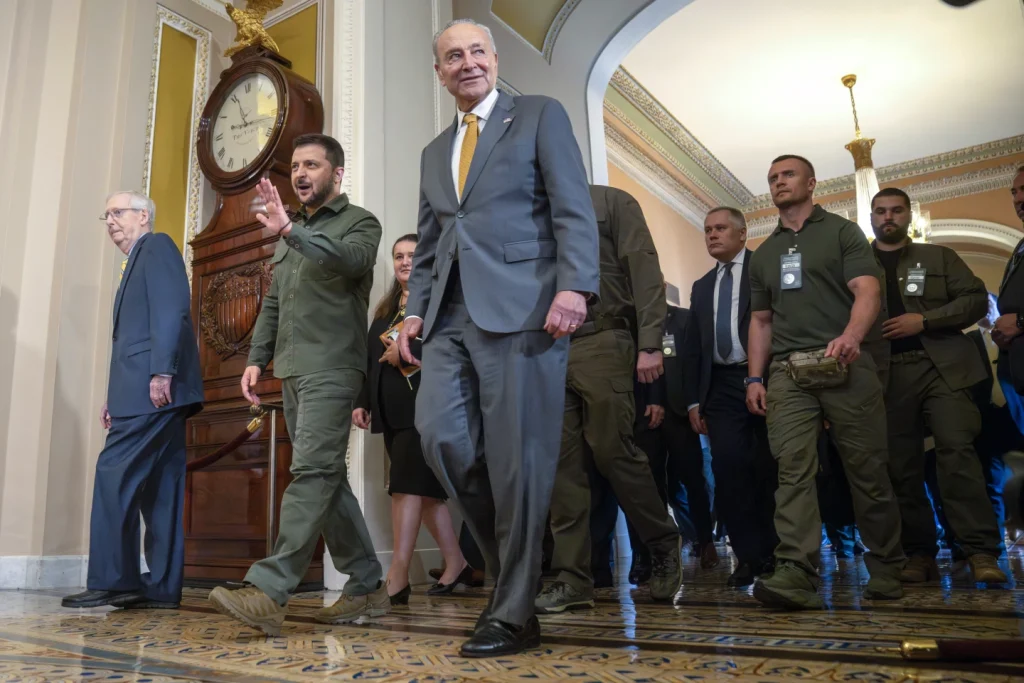In a recent development in the U.S. Senate, Senator Michael Bennet of Colorado has emerged as a vocal advocate for continued support to Ukraine amidst its ongoing conflict. His latest address to the Senate, marked by emotional fervor, emphasized the critical nature of this juncture, framing the conflict as a pivotal battle between authoritarianism and democracy.
Bennet’s actions have been consistent, with this being the third instance in recent months where he has leveraged legislative procedures to advocate for substantial aid to Ukraine. His efforts aim to secure additional billions in military and economic assistance for the Eastern European nation. However, despite his impassioned pleas, Congress adjourned for the holiday season without resolving the aid issue, leaving Ukraine’s support hanging in the balance.
This situation reflects the broader challenge the United States faces in reaffirming its global leadership role. Notably, under Donald Trump’s influence, a growing faction within the Republican Party has adopted a more isolationist stance, particularly regarding aid to Ukraine. This shift has complicated bipartisan efforts that once saw unanimous support for Ukraine as a democratic stronghold against Russian aggression.
The proposed $61 billion funding for Ukraine is now entangled in complex negotiations over border and immigration policies on Capitol Hill. This development comes as Congress struggles to pass even fundamental government functioning legislation, let alone ambitious policy changes.
Global challenges, including the ongoing conflict in Ukraine, tensions in the Middle East, and rising migration crises, are testing the resolve of the U.S. leadership. Both Democratic and Republican Senate leaders view the proposed aid package as crucial for supporting global democracy, with Senate Majority Leader Chuck Schumer and Senate Republican Leader Mitch McConnell underscoring its importance.
However, the aid package’s fate remains uncertain as it is linked to contentious border policy negotiations. McConnell has indicated that any further support for Ukraine must be paired with border policy changes, a stance that has complicated the approval process.
Despite these challenges, there is a cautious optimism among congressional leaders for a resolution. Efforts are underway to draft border legislation during the congressional recess, with the hope of addressing the issue upon their return. The situation underscores the intricate balance of domestic and international policy considerations in U.S. politics, particularly in a closely divided Congress.
